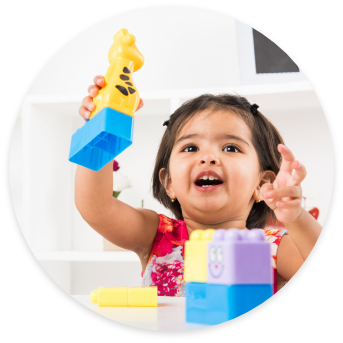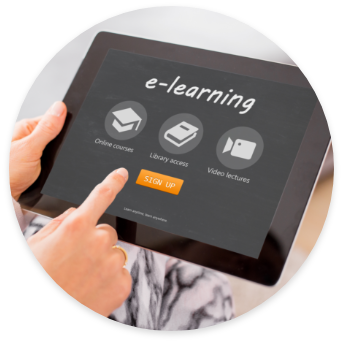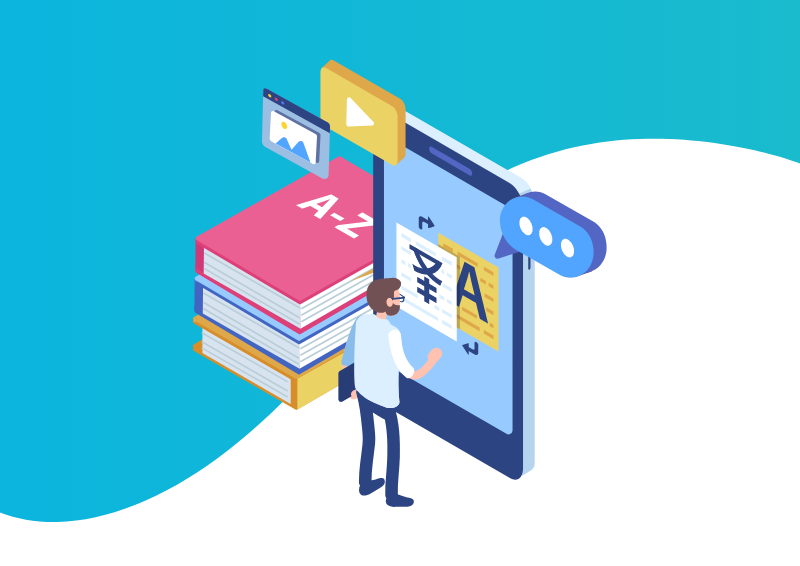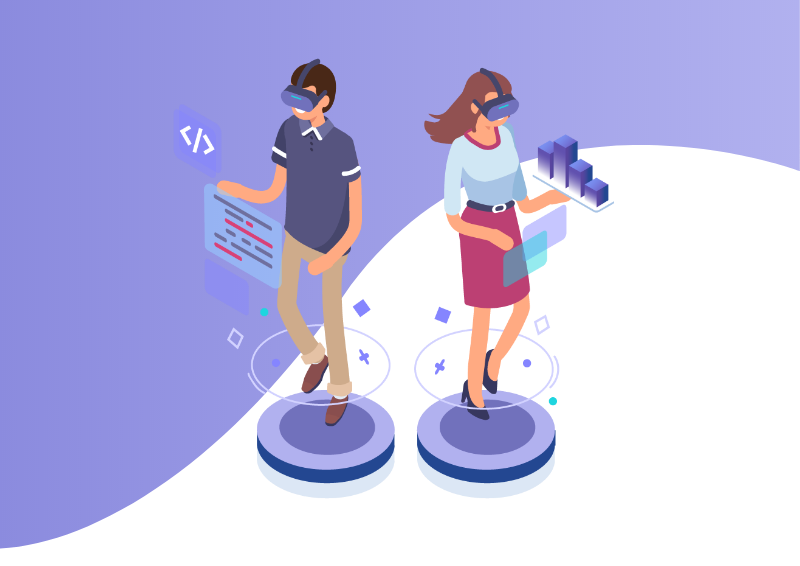The latest technological advancements taking place in education globally offer exciting possibilities to address India's educational challenges such as high dropout rates, illiteracy and lack of quality education.
With evolving learner's needs, rapidly changing technological landscape and the critical need to skill today's learners for future nation building, there is an immediate requirement for the Indian education system to become more dynamic, adapt and incorporate technology to generate more impactful means of learning. The infusion of technology needs to start from the grass root level, considering that majority of India’s population lives in rural and semi-urban areas in India.
Through Collaborative Co-creation, Hitachi is actively partnering with the Government of India to build a robust e-Learning infrastructure in the country that provides equal opportunities for quality education to children from varied backgrounds. By engaging its deep and highly regarded Data Analytics and Artificial Intelligence prowess, Hitachi has been efficiently helping leading government and private institutions to devise data-based learning systems that would assist in creating highly customized, need-based educational material that appeals to the learner and fills the critical gap of pedagogy.
Placing the learner at the centre of this transformation, Hitachi Social Innovation Business is co-creating a digitally advanced education infrastructure that propels the nation’s sustainable growth.

National Policy on Education (NPE)- 2020

National Policy on Education (NPE)- 2020



The Government of India aspires to build a robust education system that focuses on holistic development of the child – intellectual, emotional, physical, social, and creative. This requires strengthening the foundational pillars of a quality education system.
Holistic Leadership Transformation- Educational institutions need forward-looking leaders that can perform multiple roles, that of a catalyst, strategist, steward, and operator1. As a catalyst, leaders need to be agents of change by adapting curricula to the external disruptions and leveraging education technology (EdTech) to foster innovative learning. As a strategist, they need to form alliances with key stakeholders in the industry, alumni and even parents. As a steward and operator, leaders need to maintain the critical education infrastructure, encourage reskilling and upskilling of staff, and ensure student satisfaction.
Nurturing Growth Mindset- By embracing a "growth mindset" which rewards students for innovative thinking, risk taking, and encourages them to view failure as learning opportunities, the Indian school system can significantly harness the abilities of a child.
New Learning Models- Integration of new learning models such as interactive learning, self-paced learning and multi-disciplinary learning can empower learners to equip themselves with multiple skills. By emphasising the convergence of arts-science and curricular and extra-curricular streams at school through National Policy on Education (NPE)-2020, the Indian Education System has taken a welcome step towards holistic education2.
Integration of technology can improve life outcomes across various areas including transparency in admission process, mapping and tracking of a student’s academic & behavioural performances across the student lifecycle -from pre-school to doctorate studies, deep digging of data to understand the challenges of the child and provide timely resolution, transforming assessment and the way feedback is shared, and continuous advancement in pedagogy skills that maximize the child’s potential.
Artificial Intelligence & Big Data Analytics are already paving the way for personalized learning. AI-based learning systems, for instance, analyse students' performance on assessments and help instructors identify where students are experiencing learning difficulties. This data greatly helps teachers customize their teaching methods & course content to improve a student’s understanding, while helping parents keep a track record, and assisting management & the government to leverage data for improving learning outcomes.



India’s education system warrants an integrated ICT-enabled education platform that brings all stakeholders together.
To break down the silos and make student the epicentre of this new ecosystem, Hitachi through Hitachi MGRM Net is helping bring transparency, accessibility, accountability, security and compliance to the education system. Already touching 5 million students, Hitachi MGRM Net is emerging as an ideal partner having the technical and infrastructural readiness to spread the advantage of e-Education to millions.
Hitachi’s revolutionary M-Star™ Education Expert Systems integrates all academic and administrative departments within an educational institution and caters to the requirements of all stakeholders within the domain of education, viz., Student, Teacher, Alumni, Management and Parent. Platform allows near real-time sharing of relevant schemes, benefits and policies with all stakeholders and monitoring and measuring the impact of the same. The single source of truth architecture and near real-time information for decision making and monitoring make it a path-breaking platform for transforming the dynamics of education.
An all-encompassing learning & training support platform and an integral offering under Hitachi M-Star™ Education Expert Systems.

Web based Teaching and Learning Platform

Hitachi’s robust e-Governance platform for education promotes participation by stakeholders like parents and brings in uniformity and standardization of implementation of policies, processes and programs across the multitude of branches of institution. The platform also takes care of the time-consuming aspects of education, leaving the School Management and the academic staff to concentrate on what they do the best- Imparting Education!
Additionally, Hitachi MGRM Net has developed KV Shaala Darpan - an e-Governance platform for all Kendriya Vidyalayas in the country. The platform leverages Information & Communication Technology (ICT) for enhancing the academic delivery system in all schools under Kendriya Vidyalaya Sanghathan.
Hitachi has the experience and the expertise to set up a digitally advanced classroom along with mapping a child’s performance. Hitachi Systems Micro Clinic, a Hitachi Group Company, has successfully developed cost-effective digital classrooms in all more than 1700 government schools across the state of Rajasthan.
Through this path-breaking project, Hitachi integrated digital classrooms with satellite communication technologies to receive lectures from best teachers and access quality e-content, thereby bridging the digital gap in education between rural and urban India and enhancing overall learning process and experience of the students.
Education serves as the bedrock for a good quality of life. The digital transformation of India’s education system will nurture holistic development of a child, fortify Digital India initiatives and transform the country into a “knowledge economy”.
Empowering children around the world by making learning more fun and meaningful, Hitachi is also contributing to the Sustainable Development Goals of Quality Education (SDG 4) and Decent Work and Economic Growth (SDG 8).
Through its integrated IoT-enabled solution platform, Hitachi is all set to bring Social Innovation in education through the rich legacy of data research spanning decades and Big Data Analytics. Thus, helping the nation build an inexhaustible pool of talent and skill while enabling millions of people to live an improved Quality of Life.
1 - https://www2.deloitte.com/us/en/insights/focus/reimagining-higher-education/higher-education-in-india-new-paradigm.html
2 - https://pib.gov.in/PressReleasePage.aspx?PRID=1642049